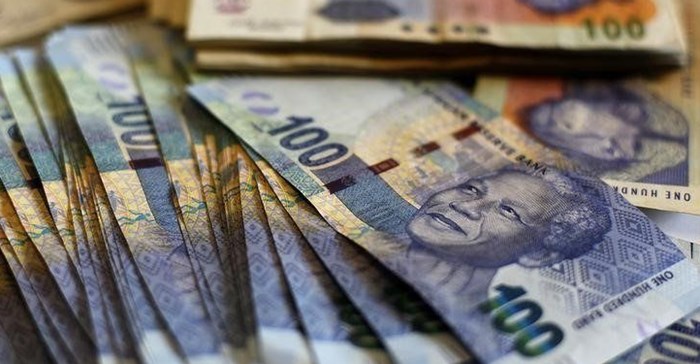
Top stories






More news


Marketing & Media
Ads are coming to AI. Does that really have to be such a bad thing?














The South African rand
That reversed a rise to as high as 16.75 in early trading, as the dollar extended last week's fall after data showed US consumer prices fell for the first time in more than two and a half years in December. That led investors to bet the Federal Reserve may be nearing the end of its interest rate-hike cycle.
"What we're seeing right now is potentially a realisation of the ramifications of where we are with Eskom and also a bit of unwinding in the USD-ZAR shorts that were on," said Quinten Bertenshaw, executive director of ETM Analytics.
Recent strengthening in the rand had been a "dollar play", he said, adding, "we haven't broken any key technical levels as yet. I think the first big level that I would worry about that would signal a reversal for me, would be closer to the 17.20 mark."
Eskom said on Tuesday it would implement "Stage 6" power cuts until further notice, due to the breakdown of several power-generating units. This requires up to 6,000 megawatts to be shed from the national grid and at least six hours a day without power for most South Africans.
Finance Minister, Enoch Godongwana said last week a plan for the government to take on some of Eskom's debt would be announced during the annual budget on 22 February.
In October, the ministry said it could take on between a third and two-thirds of Eskom's R400bn rand ($23.5bn) debt in order to make the beleaguered utility financially viable.
No major economic data releases are expected in South Africa on Monday and US. markets are closed, which could make for thin trading.
Later this week South African mining output and retail sales for November are due, as well as December consumer inflation.
The South African government's benchmark 2030 bond was weaker, with the yield up 12.5 basis points to 9.89%.

Reuters, the news and media division of Thomson Reuters, is the world's largest multimedia news provider, reaching billions of people worldwide every day.
Go to: https://www.reuters.com/